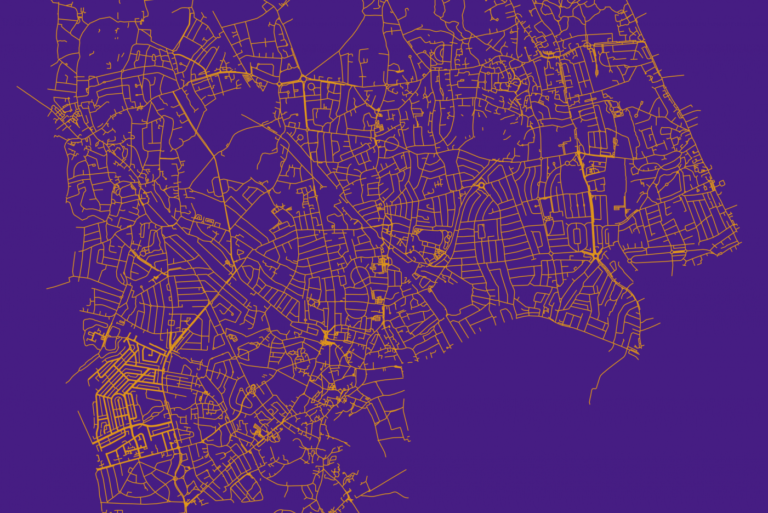
Battling burnout: How AI can help reduce alert fatigue
AI can help alleviate cybersecurity alert fatigue by correlating events, qualifying threats, and reducing stress for analysts, improving well-being and addressing the skills gap in SOCs.

AI can help alleviate cybersecurity alert fatigue by correlating events, qualifying threats, and reducing stress for analysts, improving well-being and addressing the skills gap in SOCs.

Harrow Council’s IT team take Tech For Good behind the scenes of a digital transformation programme that is improving the lives of its workers and residents.

Researchers at the University of Plymouth have shown that developing tech with – not for – the digitally excluded can produce remarkable results.

Can aviation be automated? NATS’ Head of Research Louisa Smith talks about developing the world’s first AI air traffic control system

Six successful women in STEM on the need for better representation in the tech industry.

Technology is revolutionising disaster response, from AI-driven predictions to emergency telecommunications. As climate change intensifies crises, innovative solutions are vital for preparedness, immediate relief, and long-term recovery.

Citrix’s Gerard Lavin on how to make more sustainable technology choices

Sergio Budkin is Director of Market Development for Virgin Media 02.
In this podcast, Sergio shares some steps towns and cities can take to become smarter, greener and healthier.

Mary Jesse is CEO of MTI. In this podcast, Mary discusses the company’s diversity initiatives, how she broke down barriers early in her career, and why diversity is good business.

AI can help alleviate cybersecurity alert fatigue by correlating events, qualifying threats, and reducing stress for analysts, improving well-being and addressing the skills gap in SOCs.